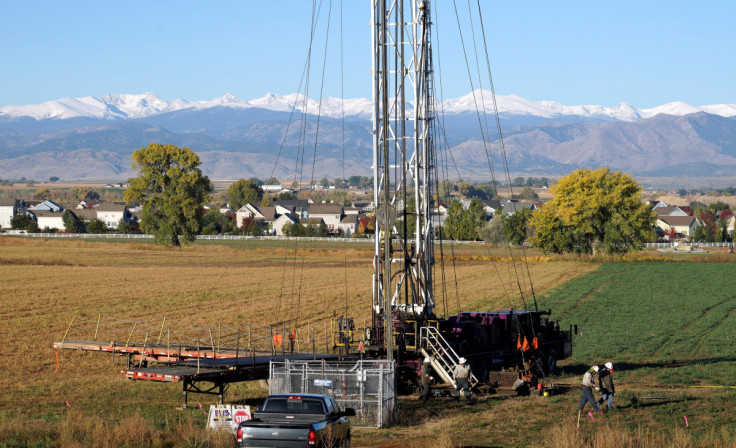U.S. Shale Producers To Stay On Sidelines If OPEC+ Slashes Output

A big oil production cut by OPEC+ members will not spur new U.S. oil and gas production, energy executives told Reuters, despite the likely rise in prices that could signal higher profits and inflation pressures.
The Organization of the Petroleum Exporting Countries and its allies, called OPEC+, meets on Wednesday to consider output cuts that could exceed 1 million barrels per day, the largest since the 2020 pandemic-driven market crash.
A hefty cut will show the extent to which OPEC+ has regained control of oil markets and increase pressure on U.S. President Joe Biden to respond to rising fuel prices. The price of oil is off 28% since June 1 due to releases of emergency stocks, but gasoline and diesel prices are climbing again over supply worries.
"I don't know of any producer that looks at the supply shortage and says 'I have an opportunity to fill that,'" said Andy Hendricks, chief executive officer of driller Patterson-UTI. It requires at least six months of lead time to hire a top performance drilling rig, he said.
"Nothing is going to ramp up fast," Hendricks added.
U.S. shale production, which recovered quickly after the 2016 price crash, now has more handicaps. Limited equipment and workers, a lack of capital, and pressure from investors to boost returns are dampening output. The decision by OPEC+ this week will not change those constraints, executives said.
Even closely-held oil producers that are unencumbered by investor pressures are suffering from supply chain tightness and less capital, limiting their ability to respond.
"I don't foresee any changes up or down for our position, and that includes what we have working for 2023," said Joseph DeDominic, CEO of Anschutz Exploration Corp. There is a paucity of good rigs and workers, and the company's 2023 capital budget is nearly finalized and will not be influenced by OPEC cuts, he said.
"Until more capital is made available for U.S. producers, they'll be hard-pressed to increase production and OPEC will continue to have control over pricing," added Brad James, CEO of Enterprise Offshore Drilling.
The burning issue for OPEC+ is whether the global economy tips into recession, depressing demand for crude oil, while the Biden administration worries less that oil supply will fuel inflation.
Last month, OPEC+ left its demand forecast unchanged for 2022 and 2023, saying major economies were faring better than expected amid surging inflation. It predicts oil demand to rise by 2.7 million bpd next year, down from this year's forecast of an increase of 3.1 million bpd.
"If OPEC cuts a million barrels a day, I think gas prices would go back up to $6 a gallon," said John Catsimatidis, CEO of United Refining Company, which operates a 70,000-bpd oil refinery in Pennsylvania and sells fuel in the U.S. Northeast.
© Copyright Thomson Reuters 2024. All rights reserved.



















